Welcome back to PowerUP: your source for every tip, trick, news piece, edge, and expert I can find to give you a spotter in your grind to the top. It can be a rough world out there in the new competitive gaming scene, and we can all use every bit of help we can get. So I’m here…
…to talk about something else. Just this once. If you’ve been following along with PowerUP as we’ve gone through how working out can actually help your game, or read up on whether or not sex can harm your competitive gaming performance, you’ll know that our main focus here at PowerUP is on how you can help your game.
In honor of National Video Games Day, though, we’re going to flip the script. Today isn’t about what we can do for our game. Today is about what our games are doing for us.
So what’s the power up?
It turns out – a lot. In the years since the dawn of gaming we’ve had to deal with a ton of misunderstandings, bad information, and what amounts to poor press. Even now, plenty of parents are still telling their children that video games are bad for your eyesight (hint: they aren’t, and video games can be exceedingly useful to those with cataracts), that they’ll make them stupid (almost totally the opposite – video games drastically improve cognitive function and decision making), or that their physical abilities will suffer (despite plenty of evidence saying that video games are fantastic at developing hand-eye coordination and fine motor skills).
The truth, at least as more and more researchers are coming to understand it, is that video games are actually very good for you. We’re going to add a bit here and tack on “in healthy amounts“, because at some point there’s a bit of a diminishing return, and what we get isn’t worth what we’re giving. But that’s obvious to you, isn’t it? Probably because, as a gamer, you’ve been getting plenty of help with…
Improving your decision making
Okay, so maybe “a ton of snacks and Mountain Dew” isn’t super high on the “good decisions” list, but otherwise gamers tend to be extremely leveled up when it comes to quick but accurate decision making – at least, with a little experience in certain genres. While strategy games are a big boost to the risk/reward skill set when a clock isn’t involved, a study as far back as 2010 found that players of FPS (first person shooters) were actually fairly above the curve on answering a series of questions and challenges quickly – and correctly.
When real life is set in a world where every second counts, being ahead of the curve (and the clock) is a good place to be for firefighters, police officers, surgeons, military personnel – even regular folks just talking a walk outside. When a situation occurs, players of faster paced genres will be able to identify and assess faster than their peers and people that haven’t gamed.
Of course, if you’re a little less “do or die right now”, in say, business – the ability to develop and articulate your own strategies while accounting for those of the competition is a pretty good skill-set to have in plenty of fields, like business or law, and is heavily practiced and rewarded in multiple game genres.
Now if all this fast-paced cognitive function has got you a little stressed out, don’t worry! Pop in your favorite game and play for awhile, because video games also help you when it comes to…
Reducing stress
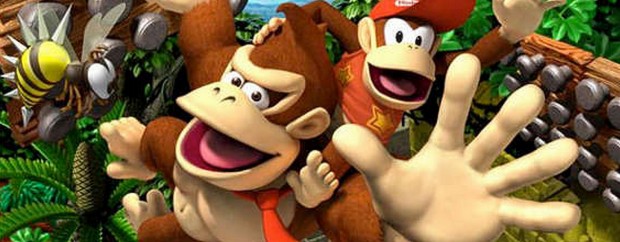
If you’re like me, you’ve probably heard or seen the bit about video games “distracting us from the real world” – usually said like that was a bad thing. As it turns out, that thought isn’t entirely wrong.
Video games do distract us a little. The catch is that this can be a very good thing.
Multiple studies have found that the distraction provided by our favorite games is a colossal benefit to the reduction of anxiety – if we’re dedicating mental resources to fighting off a gigantic T-rex with lasers strapped to its back, or saving the world from (yet another) Metal Gear, or just trying to get Donkey Kong all of his bananas back, what we’re not doing is devolving into an anxious wreck over whatever was eating us up.
Now, your mileage may vary a bit, here. Trying to get those last few wins to move up a division in League of Legends ranked ladder, or grinding to Legend in Hearthstone can certainly offer plenty of its own stress. Noncompetitive games, however – even challenging ones – are found to typically allow players a little bit of reprieve from feelings of anxiety. We’re just engaged in our games enough to be concentrating and occupied, but not so much so that we’re headed towards an anxious shutdown.
Speaking of shutdowns, by the way, it also turns out that video games are pretty good if you need a little help…
Fighting depression

Yes, yes I know – especially for those of us in the competitive scene, it can be pretty easy to start feeling down, and on a long enough timeline out. I get that. Even then, though, video games are actively helping combat depression in a large majority of their players – in no small part thanks to them just being players. Whether we win or lose doesn’t matter.
See, there’s a pretty old concept – the opposite of work is play, and the opposite of play is work. Right? As more and more psychological studies are revealing…not so much. The opposite of play isn’t work.
It’s depression.
Even back in the 50’s and 60’s, psychologists noticed that those at play tended to get a boost when it came to self-confidence, positive emotions, excitement, and energy levels – all things which depression tends to characterize itself as a lack of. The act of engaging in play, of being curious about new environments, of exploring and learning and of being excited is about as far removed from depression as you can get on the ideological spectrum.
And, as we’re learning thanks to MRIs and a fistful of studies, playing video games is also close to the physical opposite as well.
According to one study conducted at Stanford University, for example, two regions of our brain light up like the dance pads of a DDR machine when we’re engaged in video games – the one associated with motivation and goals, and the one associated with learning and memory. These regions become incredibly stimulated during gameplay, and it makes sense. When we play, we’re on a mission. Whether that mission is to save the princess, rescue the president, fend off dark forces threatening the world, explore ancient civilizations, or fight mutant alien space demon zombies with our trusty chainsaw-shotgun, it doesn’t matter – what matters is that we have it, and we’re going to have to learn new things in order to do it.
So how’s this the physical opposite? Well, while gaming engages our motivation and reward, and learning and memory centers – depression doesn’t. At all. Depression actually tends to severely understimulate these areas, making it even more difficult to escape that particular downward spiral.
In the most direct neurological sense, video games are the opposite of depression. In gaming we’re steadfast, durable, energetic, and engaged. In gaming we’re resilient. In gaming we can suffer countless losses, pick ourselves back up, and try again – and this can start to bleed into our real life, if we try and are mindful of what we’re working towards.
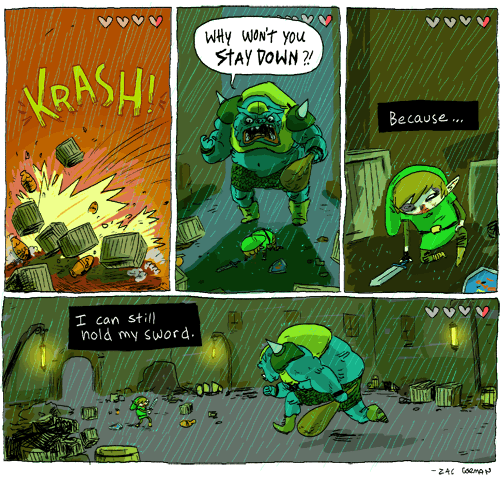
“Stay Down”, by Zac Gorman at magicalgametime.com
One important note, however: Depression is an incredibly serious issue, and while video games have been demonstrated to certainly help combat many of the negative effects associated with the disorder, they are just that – something to help. If you, or anyone you know may be suffering from depression, don’t be afraid to seek (or help them seek) the aid of a professional. Gaming may do a lot of good work in this area, but that’s one particular nasty boss to take down, and it’s dangerous to go alone.
Of course, these are just a few of the power ups that gaming gives to your real life grind. We tend to have drastically improved cognitive function later in life when compared to people that don’t regularly train their brain with the stimulus of gaming, tend to have higher than average levels of focus, solid boosts to reflexes…the list goes on. We could stay here all day running through them and still not cover everything.
Since we’re celebrating National Video Games Day, though, drop us a comment below! Let me know how video games have positively changed your life…
…but until then, let’s go play some games!

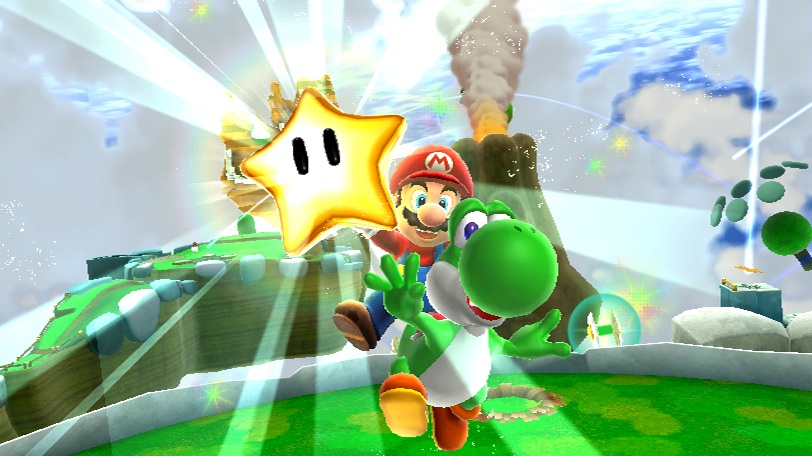

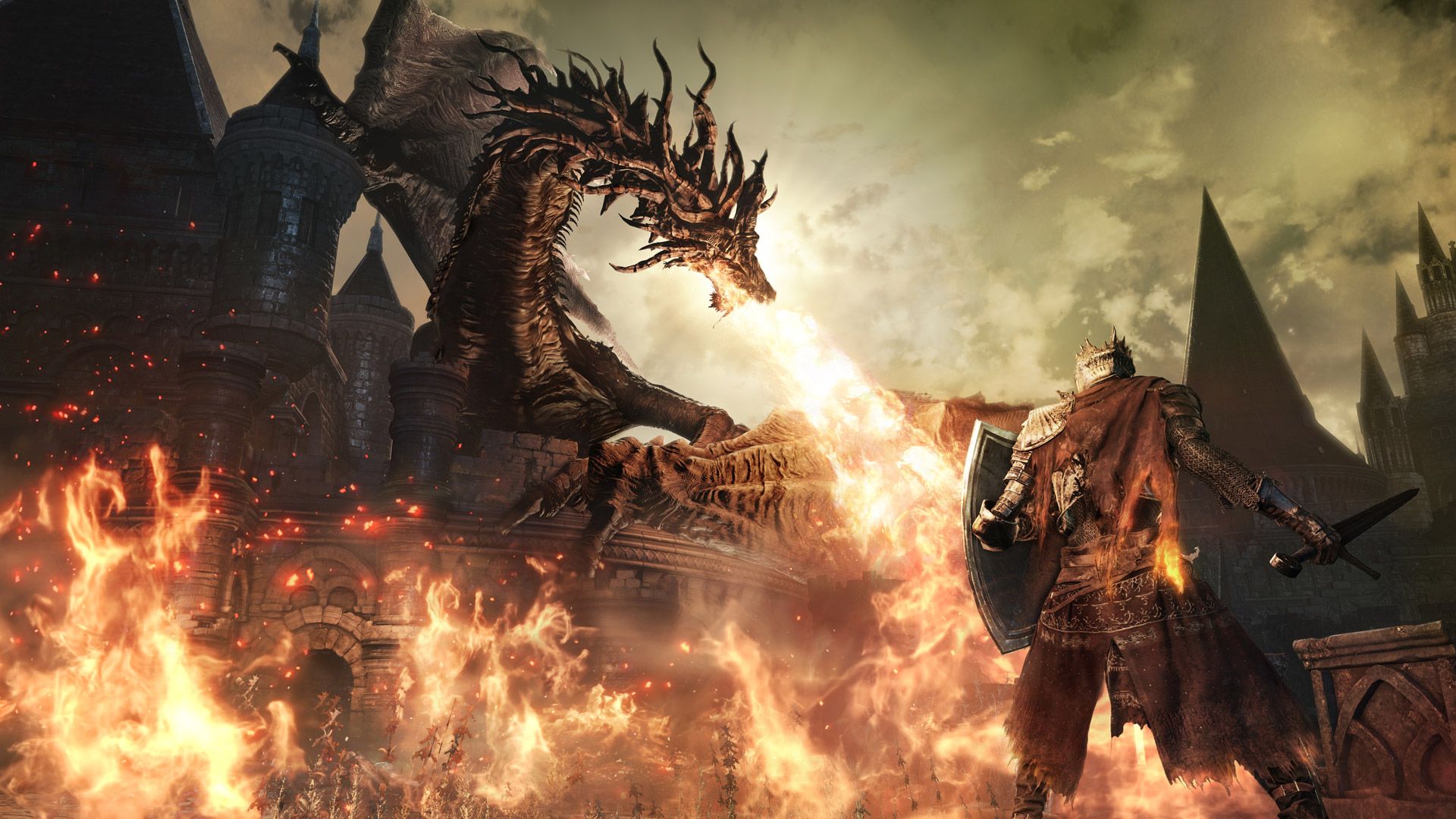
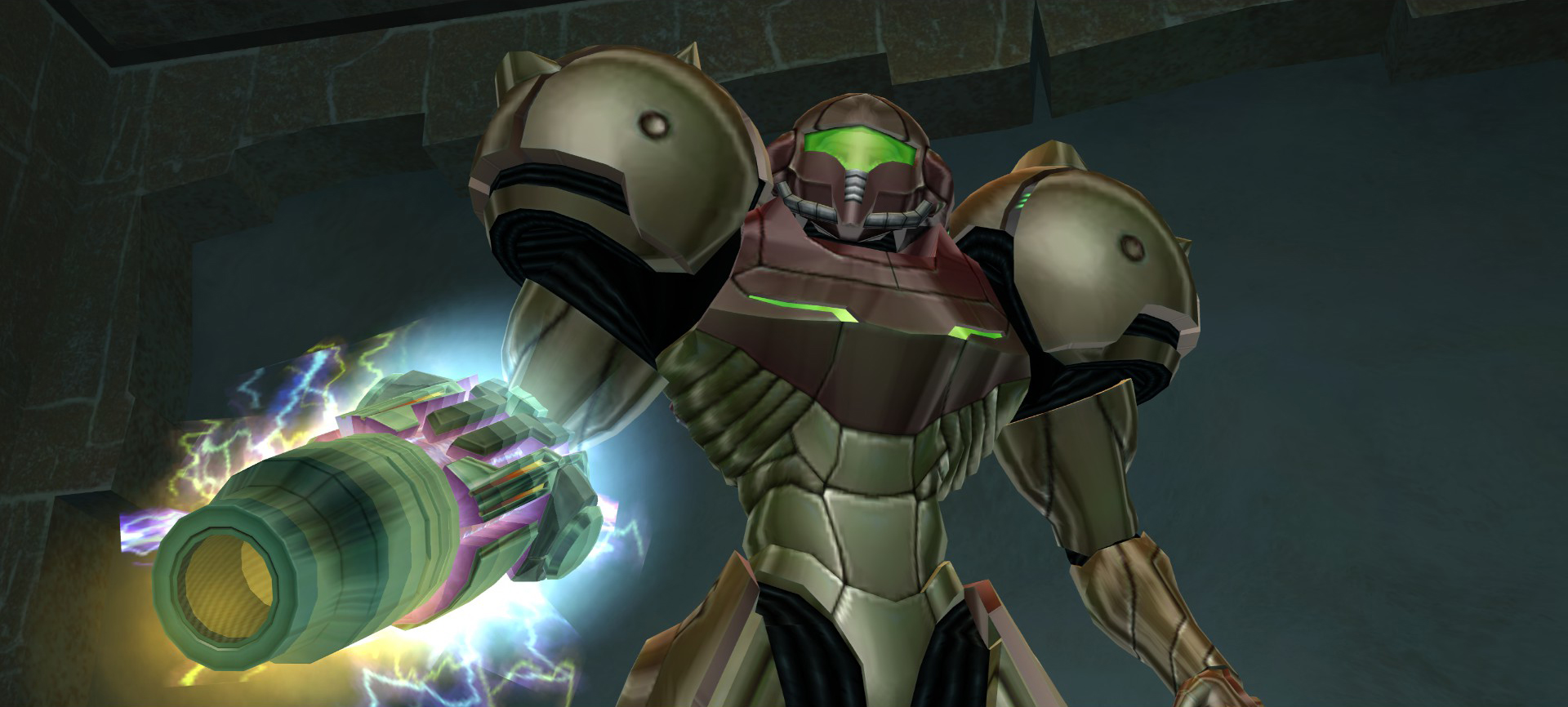





Published: Sep 12, 2016 05:55 am